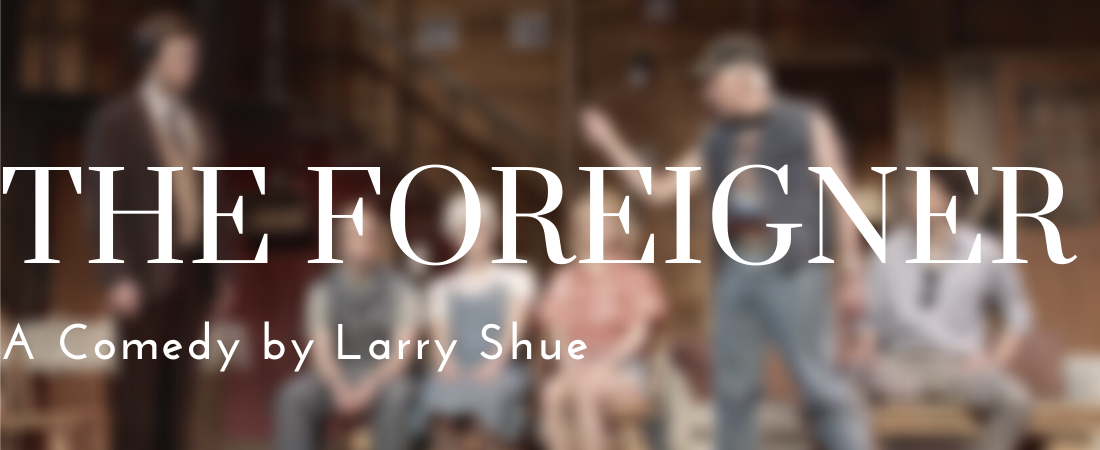As organizations dedicated to protecting the free circulation of ideas in our culture and in its educational and artistic institutions, we are deeply disturbed by the recent cancellation of a student directed production of The Foreigner by Larry Shue at Washington College, Maryland. The production of this award winning and frequently performed play had been two years in the making. It was cancelled in early November, the night before it was supposed to open, after some students objected to the play’s caricatured villain: the Ku Klux Klan.
In an email to the campus community, Washington College president Kurt Landgraf re-affirmed the fundamental tenet of academic freedom: that the college’s mission “as a liberal arts institution, [is] to create a space where difficult issues can be faced head-on and thoughtfully discussed.” He also recognized the role of the arts – and theater in particular—in allowing “for the examination of difficult and potentially divisive cultural and social issues.”
Nevertheless the production was cancelled. According to President Landgraf, “in this instance we felt it was imperative to listen to the voices of members of our community who were deeply wounded by certain representations in the play.”
Apparently the very presence of the KKK in the story, no matter how strongly the story condemned them, was upsetting.
A university should certainly listen to the voices of the campus community. It should provide opportunities for open conversation around controversial material – in this case, offering talk-backs after the performances would be a simple option. However, a college should no more allow the voices of some students the power to censor a student’s work, than it should allow objections to books taught in class to determine the syllabus.
Were such objections to take precedence to academic freedom and educational objectives, there are many plays, films and novels that would have to be banned on campus because of the upsetting villains they present: there are Nazis in The Sound of Music, racists in To Kill A Mockingbird, and a character blinding horses in Equus, to take some of the plays more frequently performed on campus and in schools. Should the college also ban Spike Lee’s BlacKkKlansman and should its film history classes ignore the controversial but historically significant Birth of a Nation? And how would Washington College students deal with history itself, the violence of which far exceeds the caricatured villainy of The Foreigner?
We hope President Landgraf is sincere in his announcement that he is working on ways of presenting the “story and message” of the “play in a way that enables the campus community to have a productive, thoughtful conversation.” Such a task cannot be too much of a challenge for an educational institution. We are happy to offer our assistance in helping create such thoughtful conversations. But to have a conversation, the play must be performed. Otherwise the only conversation to be had is one about censorship and the failure of an academic institution to live up to its mission.
We urge Washington College to immediately reschedule the production and demonstrate, through its actions, its respect for the work of its students and its commitment to academic freedom.
Co-signed:
National Coalition Against Censorship
Dramatists Legal Defense Fund
Foundation for Individual Rights in Education (FIRE)


